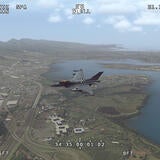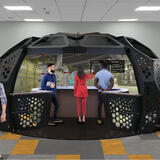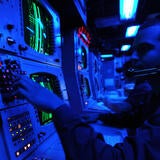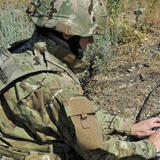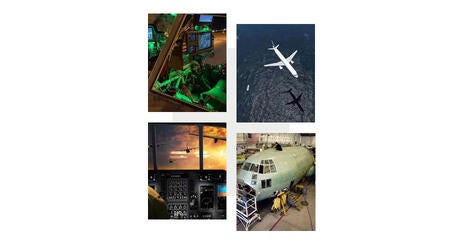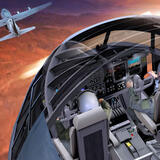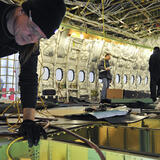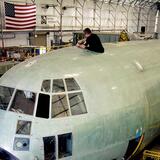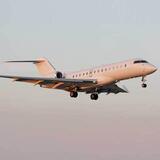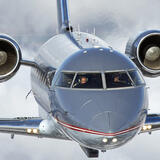MELBOURNE, Fla., March 31, 2025 — L3Harris Technologies (NYSE: LHX) has completed the previously announced sale of its Commercial Aviation Solutions (CAS) business to an affiliate of TJC L.P. for $800 million. The entire $800 million cash purchase price was paid to L3Harris at the closing of the transaction.
CAS specializes in commercial flight training, flight data analytics, commercial avionics and other capabilities. The business was formerly part of L3Harris’ Integrated Missions Systems segment.
About L3Harris Technologies
L3Harris Technologies is the Trusted Disruptor in the defense industry. With customers’ mission-critical needs always in mind, our employees deliver end-to-end technology solutions connecting the space, air, land, sea and cyber domains in the interest of national security. Visit L3Harris.com for more information.
# # #

